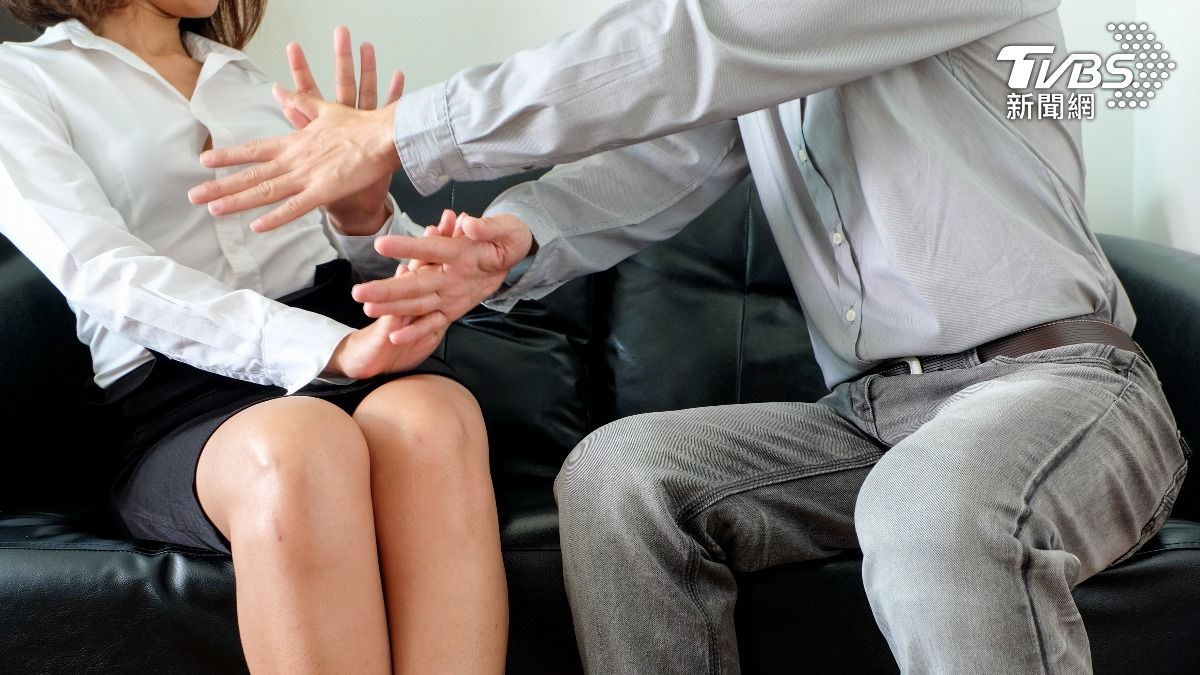TAIPEI (TVBS News) — The Ministry of Health and Welfare (MOHW, 衛生福利部) announced on Monday (Sept. 30) the achievement of the revisions to the Gender Equity Education Act (性別平等教育法), Sexual Harassment Prevention Act (性騷擾防治法) and Act of Gender Equality in Employment (性別平等工作法).
The MeToo movement spurred the amendments, which took effect on March 8, 2024. The amendments include harsher penalties, adjustments to complaint time limits, and expanded responsibilities for employers and venue owners, reinforcing a zero-tolerance stance on sexual harassment.
From January to June, authorities recorded 1,710 complaints, with 669 confirmed cases of sexual harassment. Of the victims, 90.5% were female, 8.5% male, and 1% transgender or other.
Physical harassment constituted the majority of cases at 42.5%, followed by sending obscene images or voyeurism at 26.9% and verbal harassment at 19.3%. Public places accounted for 47.7% of incidents, with digital media at 19%, public transportation at 16.1%, and private residences at 12.1%.
Chang Hsiu-yuan (張秀鴛), director of the Department of Protective Services (保護服務司), noted that 80% of confirmed offenders appeal, with 61% claiming defamation or mutual consent, and 38% unaware of their misconduct. Chang emphasized that the determination of harassment relies on objective evidence and the victim's feelings of offense.
The number of cases slightly decreased from 1,746 to 1,710 compared to last year. Chang believes Taiwan is not becoming a "harassment island" (性騷之島) as the trend does not show a significant increase. She urged everyone to act as friendly third parties by intervening and supporting victims to prevent harassment.
The Executive Yuan (行政院), alongside the MOHW, Ministry of Education (MOE, 教育部), and Ministry of Labor (MOL, 勞動部), collaborated on the amendments to curb power-based-harassment and increase administrative and criminal liabilities, with fines up to NT$1 million.



